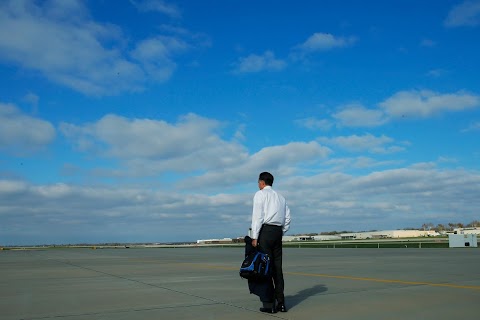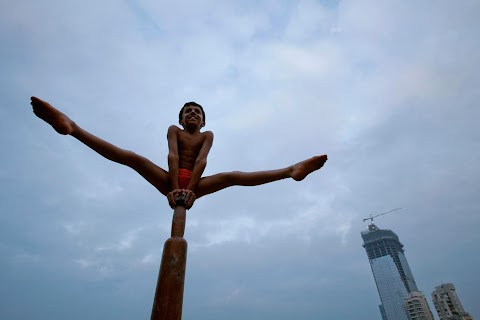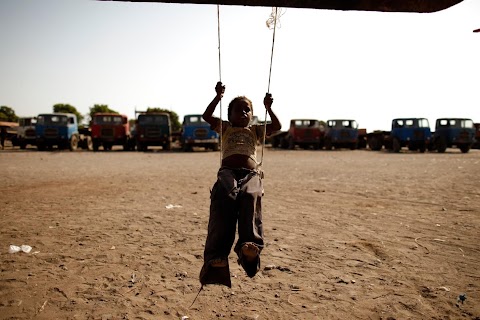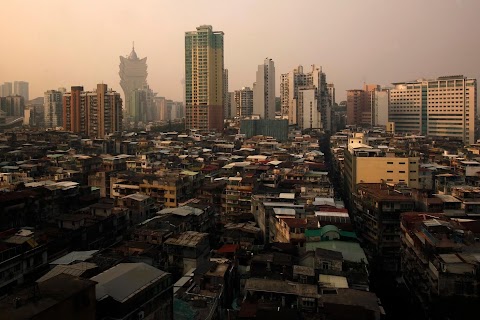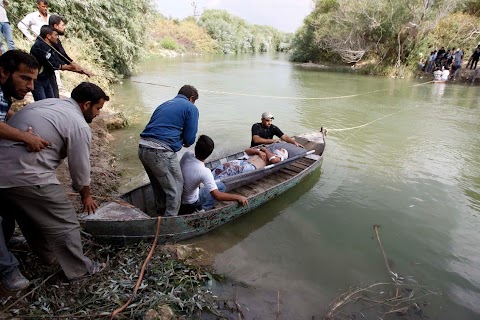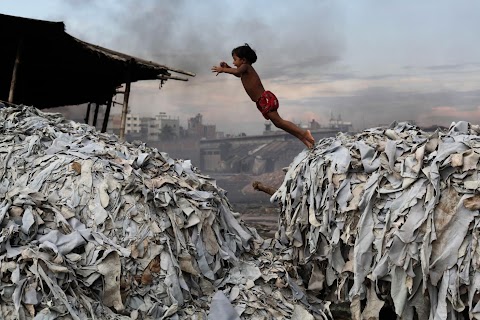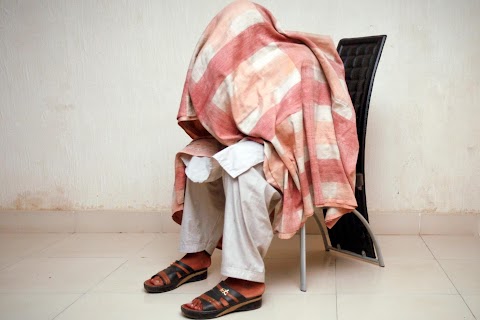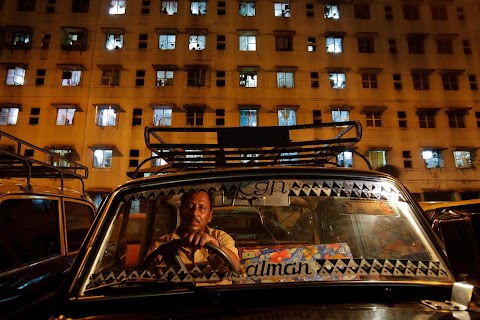
South Sudan strikes gold
Story
From the unpromising brownish mud of the Singaita River in South Sudan the Toposa people have been plucking riches.
The tribespeople have been successfully panning for gold and taking part in an as-yet unregulated trade in the precious metal. They say they can earn up to $200 a day – a huge haul in a country where the average teacher earns just $90 a month.


Story
Gold fever sweeps South Sudan ahead of new mining law
Taking a break from the toil of digging, Leer Likuam sat on the edge of a shallow trench, puffed his pipe and boasted he once found a 200-gram gold nugget bigger than his thumb.
In Nanakanak, a village of stick huts in an area that has attracted hundreds of diggers since Sudan's civil war ended in 2005, Likuam's find would have been lucrative but unexceptional.
"Everything is luck," he said through a translator. On an average day he might dig up six grams, worth around 1,200 South Sudanese pounds ($270), he said. "Some days you're lucky."
Word of Nanakanak's riches has spread. In the capital Juba, international mining firms are lining up at South Sudan's ministry of petroleum and mining, aiming to get their hands on part of the vast, unexplored territory.
Officials say firms from China, Australia, the United States, South Africa and other African countries plan to apply for licences when new mining laws are passed later this month. After many delays, parliament is set to begin debate on the bill on November 12.
The South voted to secede from Sudan, then Africa's sixth-largest exporter of oil, in a referendum last year.
The new nation inherited three-quarters of the united country's oil production, but in January a row with Khartoum led it to shut down the industry whose receipts gave South Sudan 98 percent of its income.
The sudden loss of funds prompted Juba to introduce severe austerity measures, centralise and expand tax collection and explore fresh sources of revenue.
Oil production is expected to restart in the next couple of weeks, but in the meantime the government hopes to also pass mining legislation that will formalise the industry, let them tax precious metal and mineral exports and sell concessions to large-scale investors.
VIRGIN TERRITORY
On the international market, Likuam's prize lump would fetch $11,000, an enormous sum in a country where the average teacher earns just 360 South Sudanese pounds, about $90, per month.
Likuam isn't the only man with the golden touch.
Around him dozens of other Toposa tribesmen and women, festooned with plastic necklaces, brass piercings and beaded amulets, hack away at the red soil with metal poles and shovels, digging small craters in a boozy revelry.
Despite the morning hour, girls distribute crates of lager, "sarko" moonshine and pitchers of bitter-smelling beer brewed from sorghum.
Many of the miners claim to have found nuggets of a rival size, or even larger.
Nobody knows the extent of South Sudan's mineral reserves because the 22-year war prevented exploration.
The latest geological surveys date back to the 1970s and 80s, but mining officials say diamond and gold deposits in South Sudan's mineral-rich neighbours are encouraging. They describe the 16-month-old country as virgin territory.
COW BANKING
Artisanal miners like Likuam are making their fortune from gold, investing much of the money in the traditional method of storing wealth - cattle. In the last year alone, Likuam has bought 10 cows, each worth around 1,000 pounds.
In another nearby artisanal mining spot called Napotpot, Julia Lakalay panned the red earth with water she had carried two km (one mile).
"The gold mining has completely changed my life," she said, swathed in coloured beads and spattered with mud. "In my village I could not even earn 1 pound. Now I'm earning 200 pounds per day."
In the absence of banks or an official exchange rate between the pound and the Kenyan shilling, gold is used as a form of cross-border currency.
"The main purpose to buy gold is to change currency. We buy gold, take it to Kenya, sell it to dealers, and buy more stock to bring back," said Kenyan businessman Junius Njeru, weighing a pile of gold nuggets.
"It's in your pocket, nobody searches you," he said, describing the process of taking the gold across the border.
Now officials hope the new mining law will bring this trade out of the black market and, by selling land to prospecting companies, eventually let the national and state governments benefit from the underground treasure.









